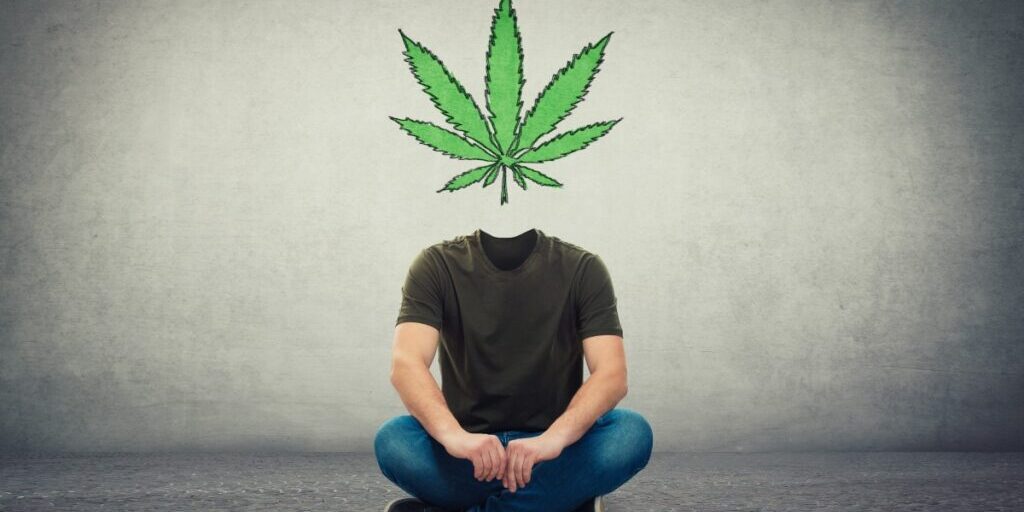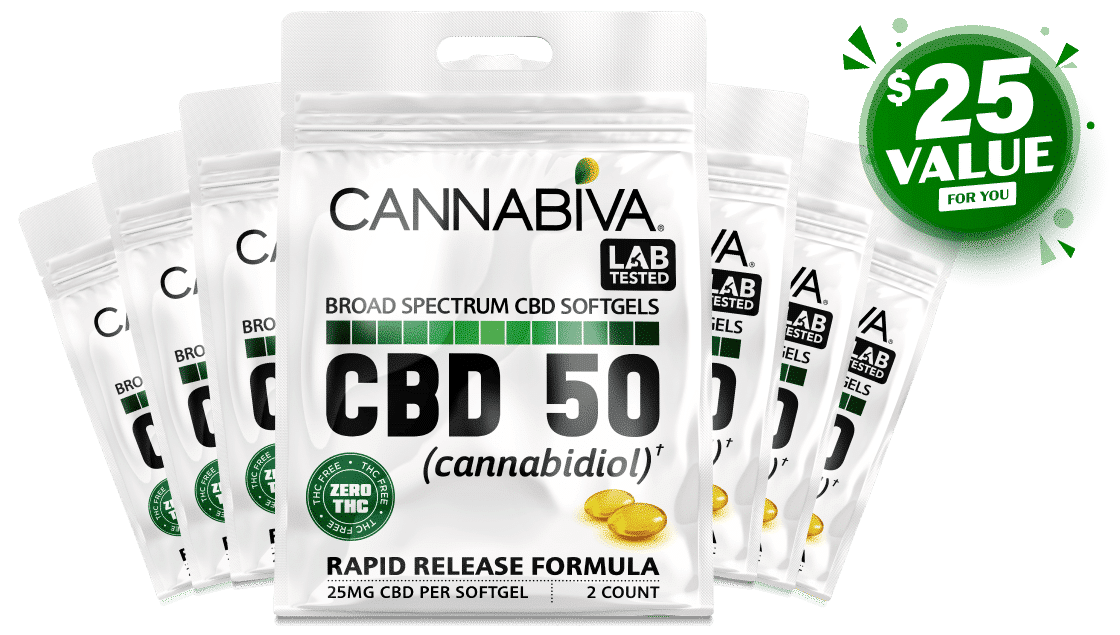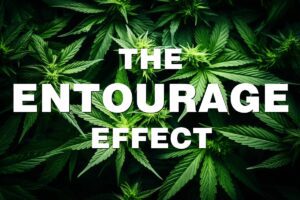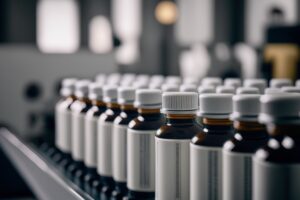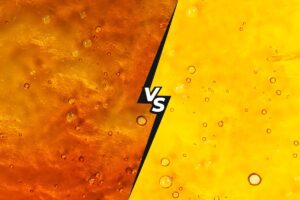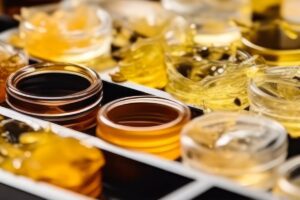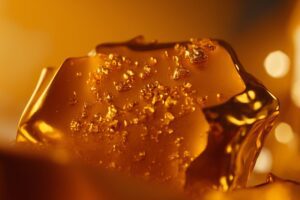Scientists have studied the beneficial impact of CBD for decades. While researchers may not know everything about CBD yet, they have identified many key facts about this remarkable plant medicine.
So, first things first…
What is Cannabidiol (CBD)?
Before we step into the complex world of addiction, withdrawal, and CBD, it’s important to know what it is. CBD is a natural medicine produced by the hemp plant called a cannabinoid. In the body, cannabinoid compounds act like tiny chemical messengers that may help you feel better.
Cannabinoids unlock potential health benefits when they bind to special receptors in the endocannabinoid system (ECS), much like using the right key opens a locked door. Your ECS controls physiological functions like stress response, anxiety and fear perception, pain sensitivity, and inflammation.
CBD’s therapeutic potential doesn’t stop there, according to clinical studies. Taking CBD may also influence blood pressure, support cardiovascular health, improve memory and mental sharpness, promote healthy digestion, and balance sleep/wake rhythms.
How is Cannabidiol different from marijuana, cannabis, and hemp?
Cannabis refers to the plant species Cannabis Sativa L. The two main types of cannabis sativa plants — marijuana and hemp — may be part of the same species but have radically different health effects.
All cannabis plants produce natural medicines called cannabinoids in the leaves and flowers. Each cannabinoid has different therapeutic properties. Nowhere is the contrast between cannabinoid compounds starker than CBD vs THC.
Cannabidiol (CBD) is the major cannabinoid produced by the hemp plant. It is non-psychoactive and cannot make you feel “high” or “stoned” after taking it. Marijuana plants, however, produce another cannabinoid that works very differently from CBD. Tetrahydrocannabinol, or THC for short, may cause powerful psychoactive effects in high doses of 5 mg or more.
Is CBD oil addictive according to research?
Rest assured, decades of clinical research studies in animals and people have found no evidence that CBD use causes drug addiction. Unlike alcohol, benzodiazepines, opioid drugs, and other substances you can become addicted to, CBD does not stimulate the brain’s reward mechanisms tied to addictive behaviors.
In 2017, the World Health Organization recommended that CBD no longer be regulated as a controlled substance because it does not appear to have abuse potential or cause harm. The absence of withdrawal symptoms after discontinuing a CBD product substantiates the WHO’s CBD safety claim.
What about CBD oil with THC in it?
CBD is proven non-habit forming and cannot cause addictive behaviors. But what about the small amounts of THC in CBD oil products — do those have addiction potential?
Hemp-derived CBD products were made legal in the United States via the 2018 Farm Bill because they are non-intoxicating and cannot cause addictive behaviors. That includes over-the-counter full spectrum CBD oil products with the legal THC limit according to federal law (less than 0.3% THC on a dry-weight basis). This small amount of THC is too insignificant to cause addiction side effects.
Look out for CBD ratio products that may come from marijuana plants. These contain much higher THC levels than hemp-derived CBD. Ratio products typically cause intoxication and psychoactive effects. As a result, they are available by prescription only in most states and recreationally in a few others. Check local laws anytime you use cannabis products with high THC levels to make sure you are doing so lawfully.
Are there any CBD withdrawal symptoms?
You may have come across speculation about CBD withdrawal symptoms during your online cannabis research. There is no scientific evidence to suggest that over-the-counter CBD products cause withdrawal signs, based on information obtained from decades of clinical trials. Only high doses of the cannabinoid THC have the proven potential to cause withdrawal effects.
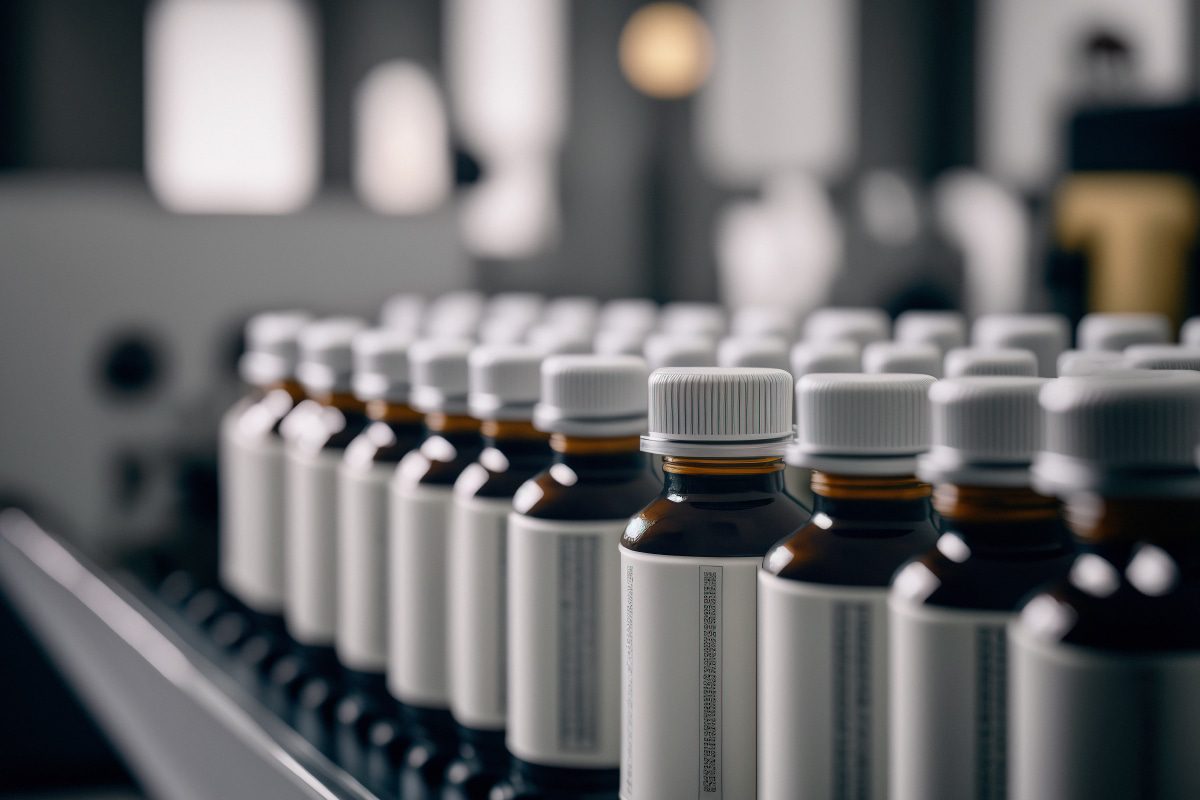
RELATED ARTICLE: Epidiolex vs CBD oil
Note that people taking the prescription drug Epidiolex — a pure CBD isolate extract — should not stop taking it abruptly. Epidiolex is approved by the US Food and Drug Administration (FDA) to treat two severe forms of epilepsy. Users who stop taking this type of CBD medication too quickly may experience increased seizure frequency and other withdrawal-like symptoms. Talk to your healthcare professional if you take Epidiolex. Do not take over-the-counter CBD products in addition to Epidiolex.
CBD and the endocannabinoid system
CBD is a pleiotropic natural medicine that exhibits a wide range of potential therapeutic properties. Pleiotropic medicines like CBD work via multiple pathways in the body to promote benefits.
Your endocannabinoid system, or ECS for short, is one of those major pathways. It regulates some of the most vital physiological processes in your body. The mood you’re in today, how sensitive you are to pain, and whether you slept well or tossed and turned last night are all affected by the ECS.
Studies show CBD does not bind to ECS cannabinoid receptor sites CB1R and CB2R. But other cannabinoid compounds in your hemp oil extract may (e.g., the minor cannabinoid CBG). Instead, CBD works with a related system of receptor sites called TRPV-1. These receptors influence pain sensitivity and the anti-inflammatory response and support the body’s natural healing process.

RELATED ARTICLE: CBD Oil vs Hemp Oil vs Hemp Seed Oil
How long does a CBD high last?
CBD is non-psychoactive, so it can’t make you feel high or stoned after taking it. But that doesn’t mean you won’t feel great after using CBD! Unlike weed users — who usually just wanna have a little fun 🎉 — CBD users want to live their best life safely, naturally, and with a clear head.
Generally, CBD effects last about four to eight hours per dose. How long CBD effects may actually last depends on several factors, including the type of CBD product you take, how much you take, and how often you take it. CBD may stay in your system for up to a week or longer.
How does CBD oil make you feel?
CBD benefits are more about what you don’t feel than what you do! That’s very different from its psychoactive chemical cousin, Tetrahydrocannabinol (THC), which is all about the euphoric and mind-altering effects of the drug.
Remember that CBD is a pleiotropic medication, which means it works in many ways to help you feel better. Taking CBD may feel like stress and anxiety melting away. Or it might feel like you can be more active during the day with less joint and muscle pain. You may take CBD because it helps you recover faster after a grueling workout and sleep deeply at night.
Harvard researchers show CBD may help people who experience these everyday wellness concerns without causing any psychoactive effects:
-
- Nervous tension
- Occasional anxiety
- Mood balance
- Everyday aches & pain
- Gastrointestinal upset
- Inflammation
- Trouble sleeping
Everyone is unique, so the way you feel after taking CBD will vary from that of other users. Talk to your primary healthcare professional before adding CBD to your wellness plan if you already take prescription medications, over-the-counter drugs, or dietary supplements.
Understanding THC vs CBD addiction
Even though THC (Tetrahydrocannabinol) and CBD are derived from the Cannabis Sativa L. plant species, there couldn’t be a more significant difference between their health effects and addiction potential.
THC is the psychoactive compound responsible for the high associated with using cannabis. Its mind-altering effects result from binding directly to the CB1R receptors in the brain. This chemical interaction can lead to withdrawal symptoms and dependence for some users of marijuana products who may be genetically predisposed to addictive behaviors. Cannabis laws and regulations have been strict for decades because of THC’s powerfully psychoactive and potentially addictive effects.
CBD, on the other hand, doesn’t have any psychoactive properties, nor does it bind to CB1R receptors in the same way. This difference alone means that CBD has no risk of addiction potential. Some studies have even suggested that CBD may help to mitigate addiction and withdrawal signs caused by certain drugs.
What are potential CBD side effects?
It’s not possible to talk about the potential for addiction without tapping into the topic of general CBD product safety. The good news is that Cannabidiol, the active ingredient in hemp oil extracts, is safe and non-toxic when used as directed.
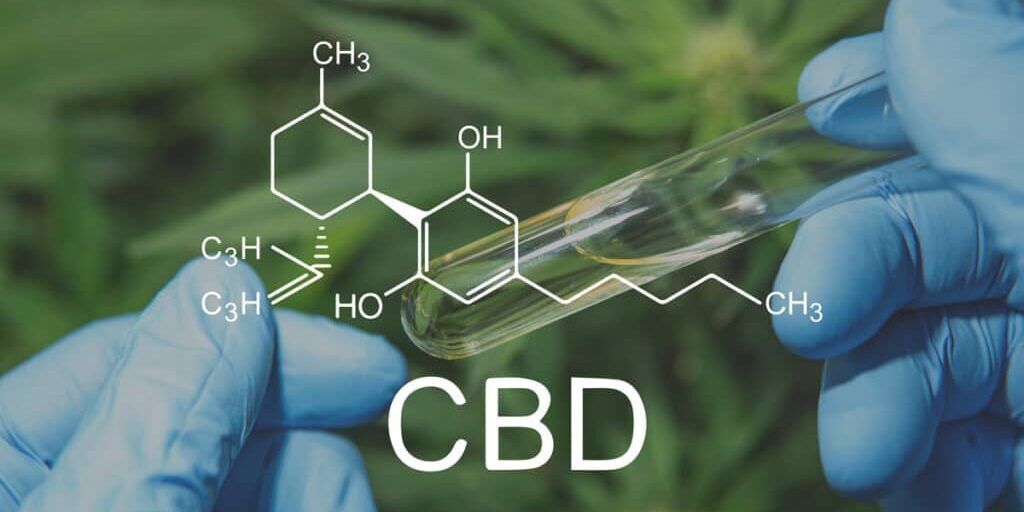
CBD Dosage Guide: How much CBD to take
Reported side effects from CBD are rare, with less than a one-half percent (0.5%) chance of occurrence in healthy adults, according to Cannabiva product usage statistics. CBD side effects may include dry mouth, stomach upset, or drowsiness. Allergic reactions are not common, but allergy risks may increase if you are sensitive to other foods, medications, or plant-based products.
Final thoughts: Is Cannabidiol addictive?
CBD is under constant scrutiny as it rapidly becomes one of the world’s most studied plant medicines. The good news is even daily CBD use is non-habit-forming and not addictive. Better still, CBD does not seem to induce withdrawal symptoms or contribute to substance use levels that could cause concern. CBD may even help reduce THC cravings if you want to curb marijuana use.
Healthy adults 18 years and older may take CBD for various uses, from pain relief to improved sleep quality, anti-inflammatory benefits, stress relief, and so much more! Talk to your healthcare professional before adding CBD to your wellness plan, especially if you have been diagnosed with a serious health issue or take prescription or over-the-counter drugs.
Choose high-quality CBD products like full spectrum or broad spectrum CBD oil from Cannabiva to maximize safety and effectiveness. Your Cannabiva product is triple-tested — immediately after harvest, following extraction, and in finished product form — to ensure it is 100% free from pesticides, harmful chemicals, and heavy metals. Scan the QR code on your Cannabiva product label for instant results to its independent lab test report.
Frequently Asked Questions About CBD, Addiction, and Safety
Potential addiction is just one of many questions people have about CBD safety. Review the FAQ to get answers to other common CBD questions. Don’t see the information you need? Contact a Cannabiva Wellness Advisor for help.




